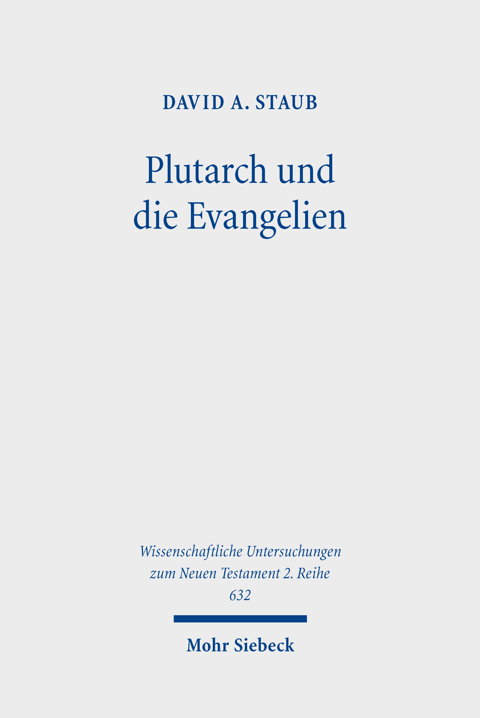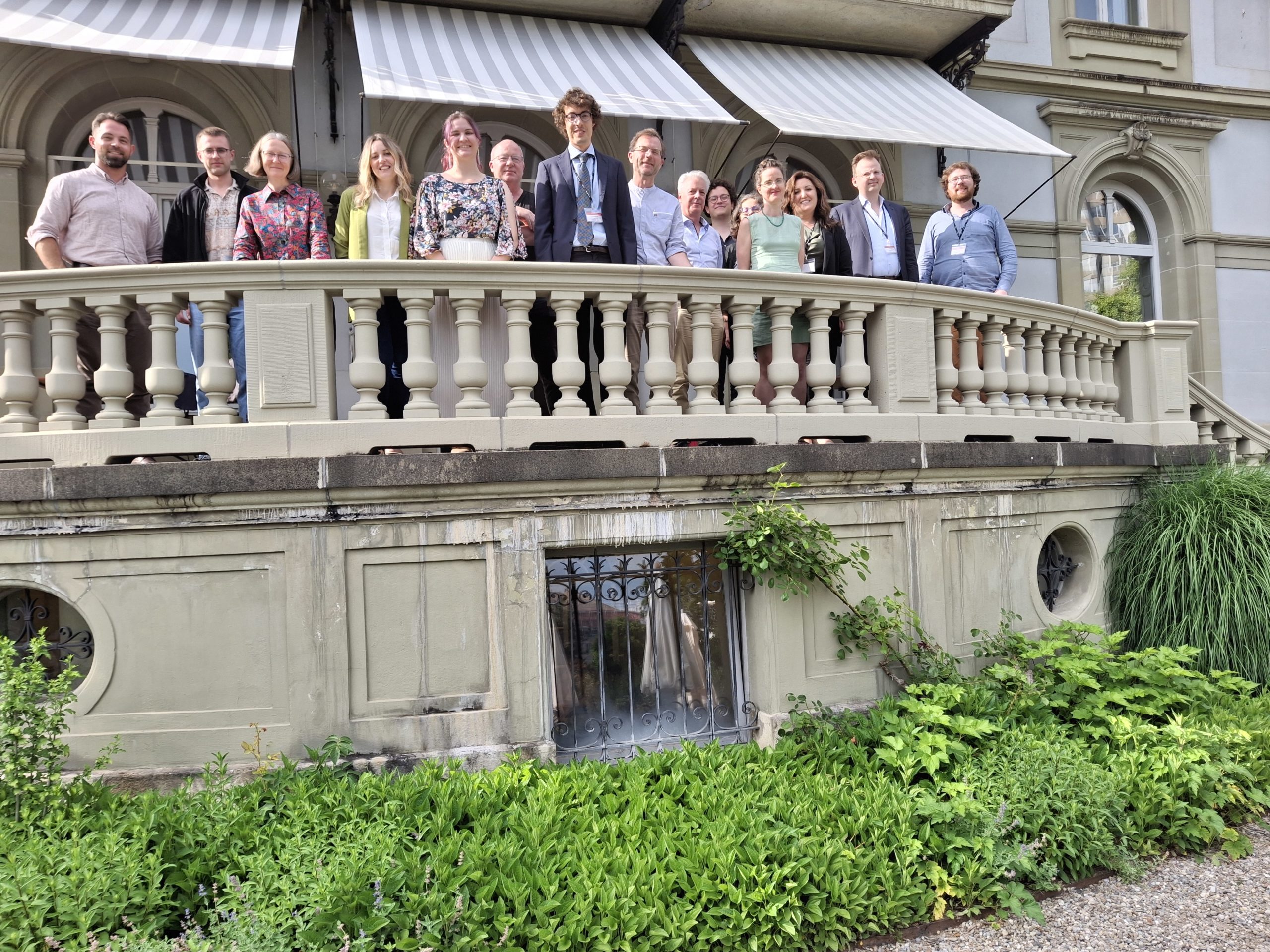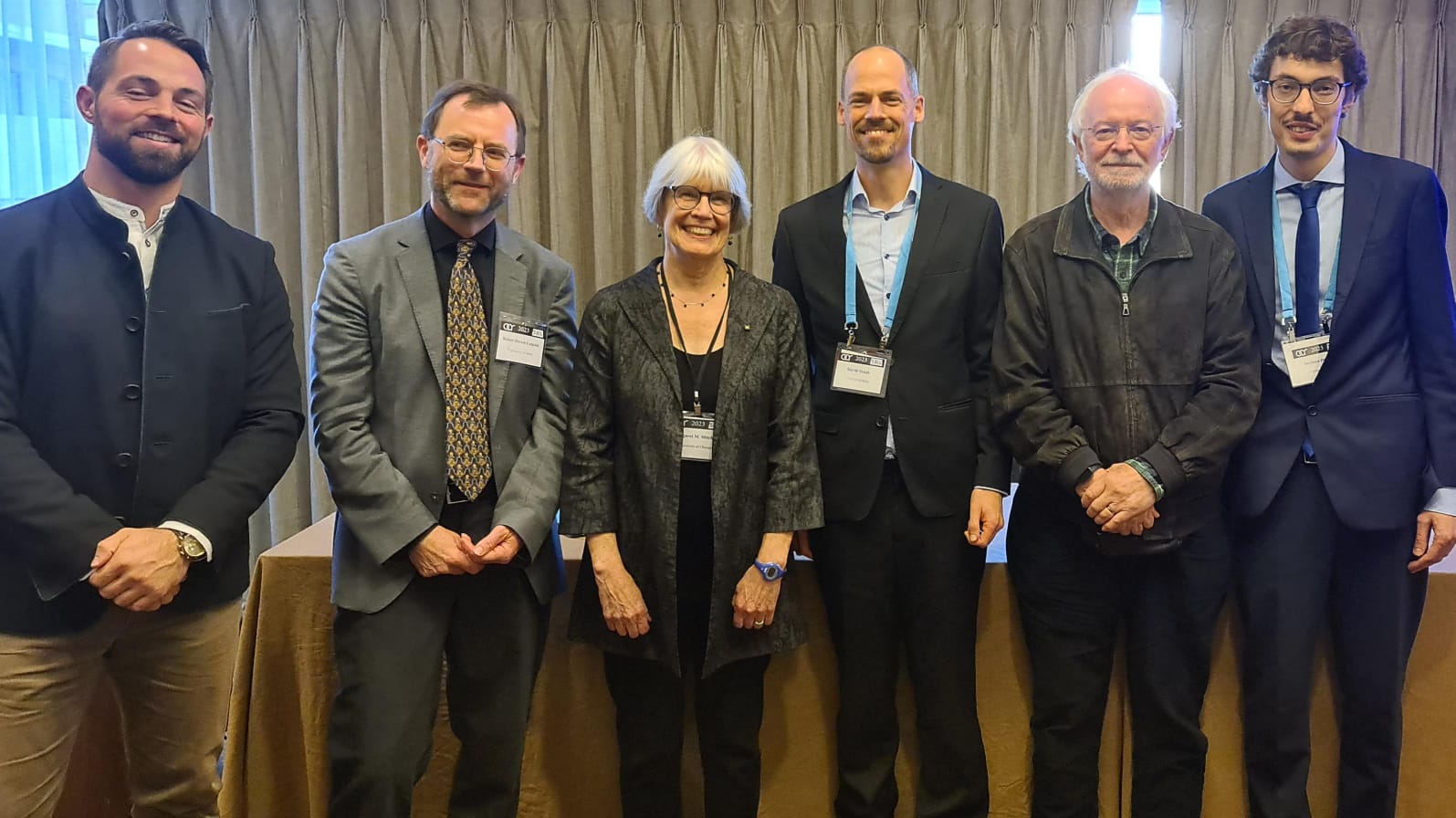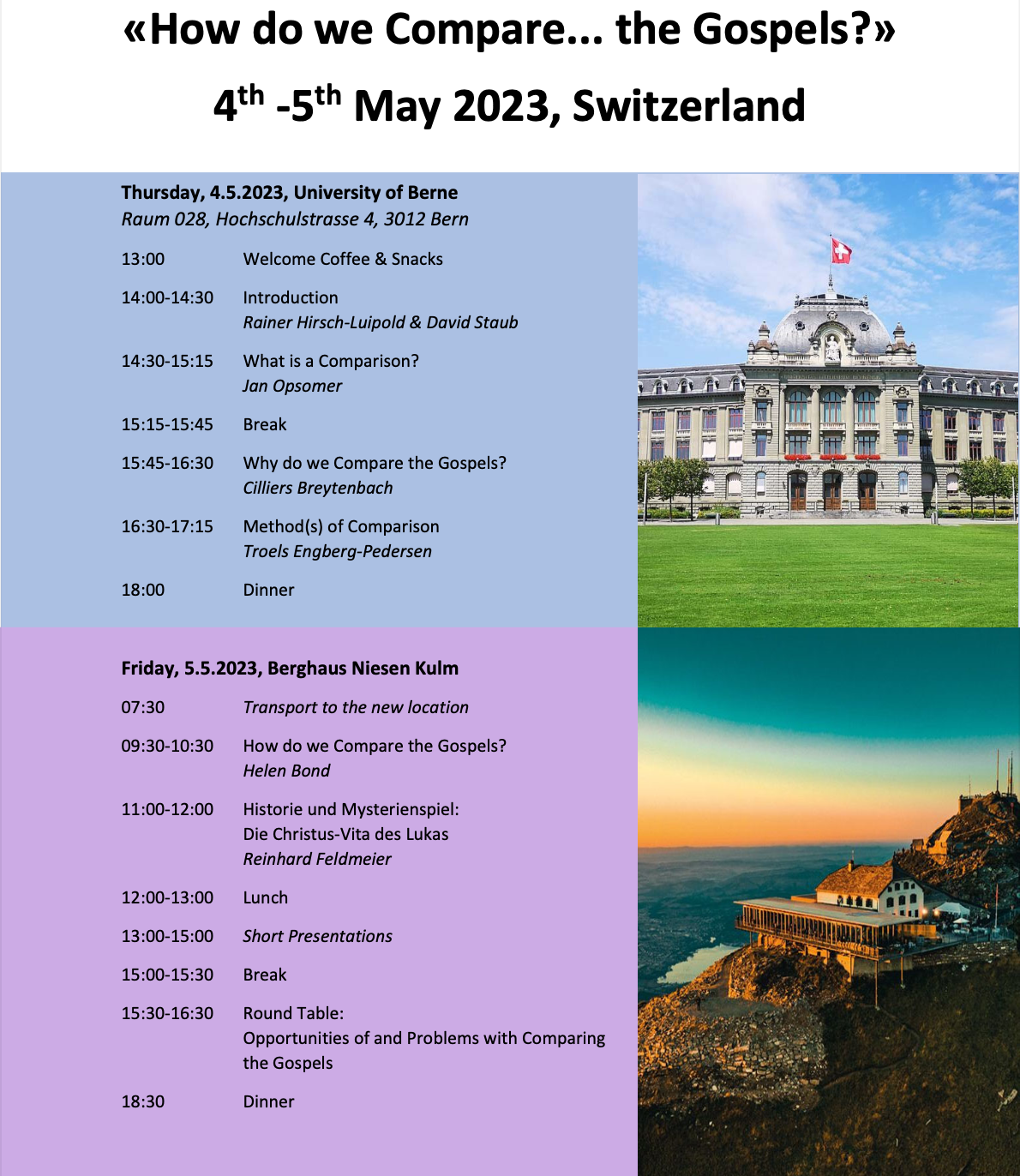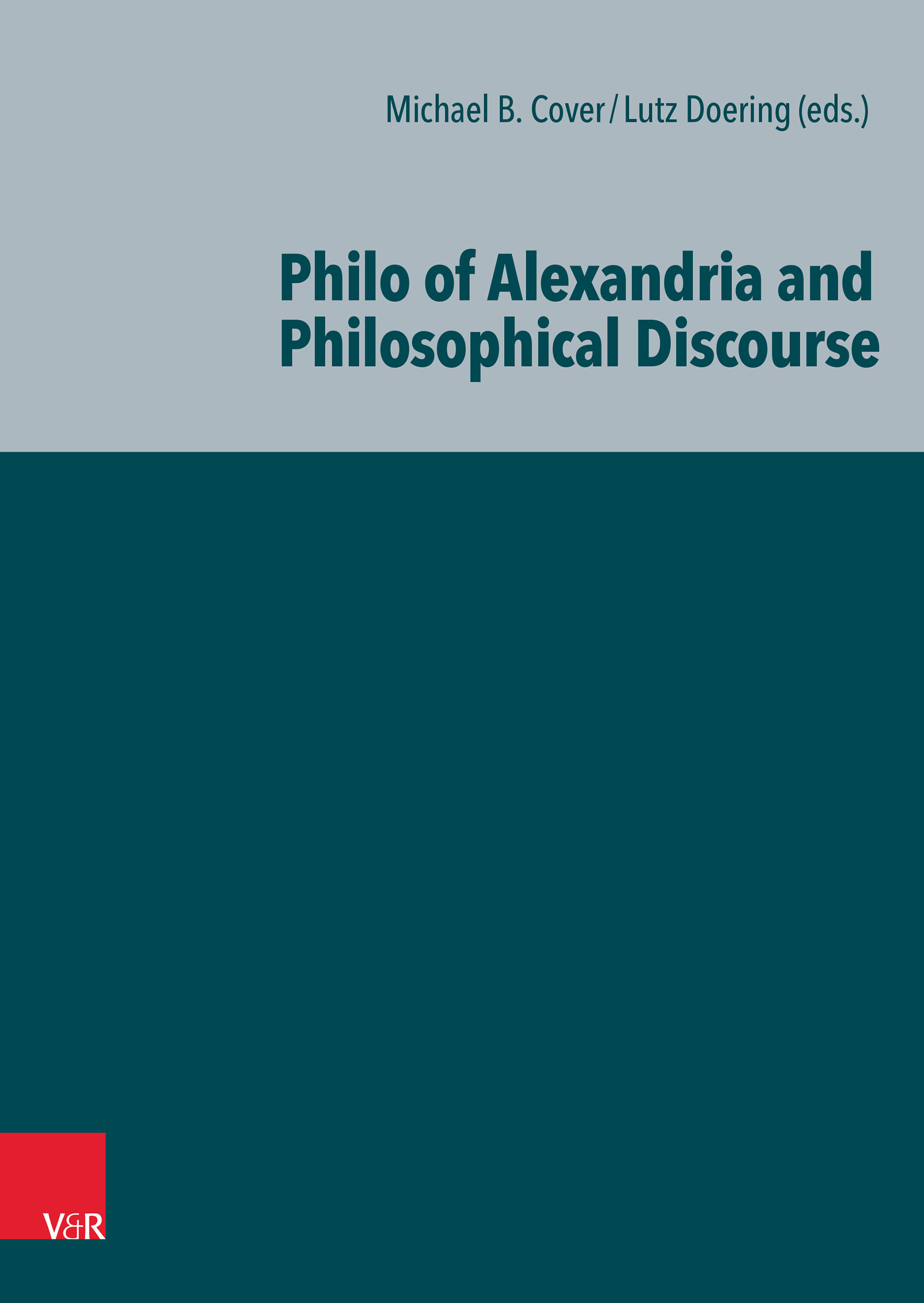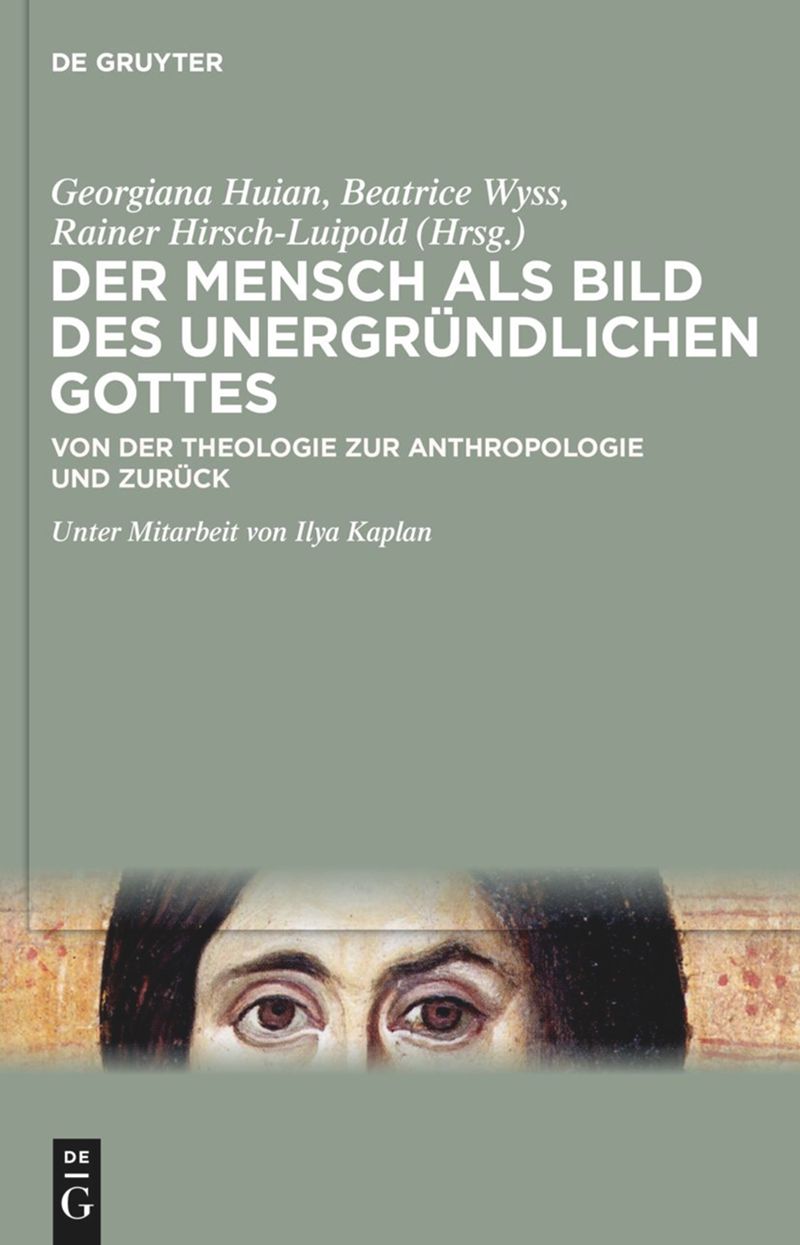News
Find out all the latest news about the project.
An SNSF Project
About the Project
At the time of the composition of the New Testament writings, authors of various provenance offered a particular construal of history by focusing on exemplary figures as the location of divine intervention in the world. According to the biblical gospels, the life of Jesus Christ inaugurated a new era in God's relationship with the world and in human knowledge of God. Similar biographically centered accounts of history can be found in related religious-cultural contexts. In the Greco-Roman world, the "Lives of Illustrious Greeks and Romans" by Plutarch, a Platonic philosopher and priest of Apollo in Delphi, are the most prominent; at the same time, there was a rich production of texts about Socrates, Pythagoras, Orpheus, Hermes, the Pythia, and the Seven Sages. In the literature of Hellenistic Judaism, the scriptural commentator and philosopher Philo of Alexandria composed works about Moses, Abraham, and Joseph, and there was further literature about or inspired by exemplary individuals, such as the Wisdom of Solomon, the books of Enoch, or the Testaments of the Twelve Patriarchs.
Based on a comparison of the biblical gospels with a selection of Plutarch's "Lives," the project develops a new method of transcultural textual analysis. With this method, we examine whether and how emblematic individual figures are literarily conceived as a resonating space of divine influence. The aim is to situate anew the biblical gospels in the biographically grounded literature of the early Roman Imperial era; conversely, religious aspects and concerns will be shown to be an integral part of philosophical and historical writing in the early Imperial period.
The project is funded by the Swiss National Science Foundation (SNSF). Research is being conducted at the Institute for New Testament Studies of the Faculty of Theology at the University of Bern. Prof. Dr. Rainer Hirsch-Luipold is the principal investigator.
Subprojects
"Resonances through History" consists of the following subprojects:
A philological, lexical, and semantic analysis of the terms for God and the divine in Plutarch's Lives that is aimed at better grasping Plutarch's account of divine activity in history.
A reciprocal comparison of two biographically grounded writings of the early imperial period, Plutarch's Life of Numa and the Gospel of Luke.
In the early Imperial period, philosophy is increasingly understood as τέχνη περὶ βίον/ars vitae, the "art of living": What is true life and how does one procure it? Who can impart this "know-how"? And – last but not least – what is life's foundation?
Events
Upcoming events
Past events
Publikationen
Plutarch's parallel biographies have often been used as comparative texts for the Gospels of the New Testament. But how should such a comparison be methodically and hermeneutically structured? In this study, David A. Staub develops a methodologically prudent approach to comparative text analysis by comparing the Gospel of Luke with Plutarch's Life of Numa as an example.
Hirsch-Luipold, Rainer/Niles, Travis R./Staub, David/De Feo, Stefano, “Resonances through History. Biographically Grounded Construals of Divine Involvement in History in the Early Roman Imperial Era”, in: Early Christianity 15/3 (2024), 387-397.
In: Michael B. Cover/Lutz Döring (eds.), Philo of Alexandria and Philosophical Discourse, Ioudaioi 14, Göttingen 2024, 235–254.
Hirsch-Luipold, Rainer, “The Dark Side of the Mirror. Der Mensch als Spiegelbild Gottes bei Paulus und darüber hinaus”, in: Georgiana Huian/Beatrice Wyss/Rainer Hirsch-Luipold (eds.), Der Mensch als Bild des unergründlichen Gottes. Von der Theologie zur Anthropologie und zurück, Berlin/Boston 2023, 99–114.
“Plutarch” in EBR
Hirsch-Luipold, Rainer, Art. “Plutarch”, in: Encyclopedia of the Bible and its Reception. Volume 24 Pesher, Pesharim – Pontus, Berlin/New York 2025, (submitted).
Our Team

Prof. Dr. Rainer Hirsch-Luipold
Principal Investigator
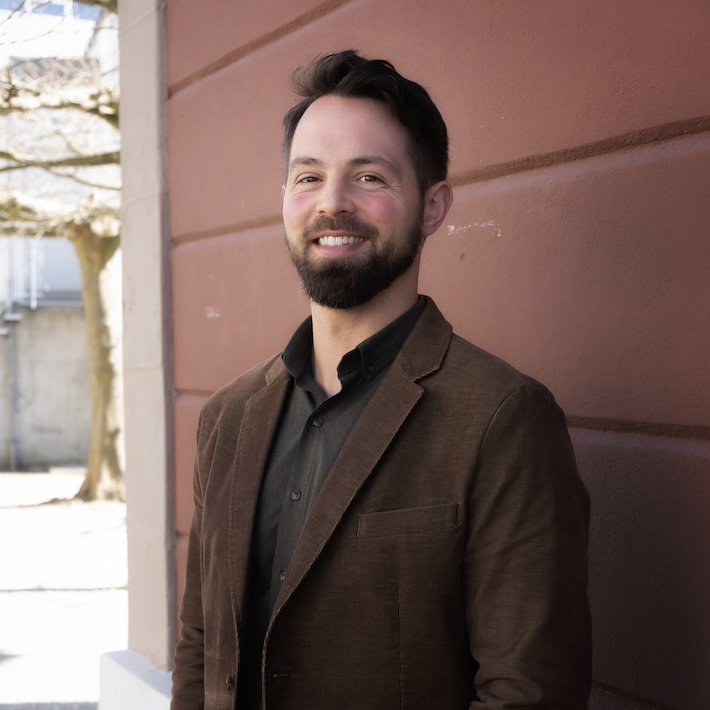
Dr. T.R. Niles
Postdoctoral researcher
Subproject 3

Dr. Stefano De Feo
Postdoctoral researcher
Subproject 1

Dr. David Staub
Assoziierter
Subproject 2

Femia Kamper
Doctoral candidate

Tabea Aebi
Research assistant

Anna Gerbig
Research assistant
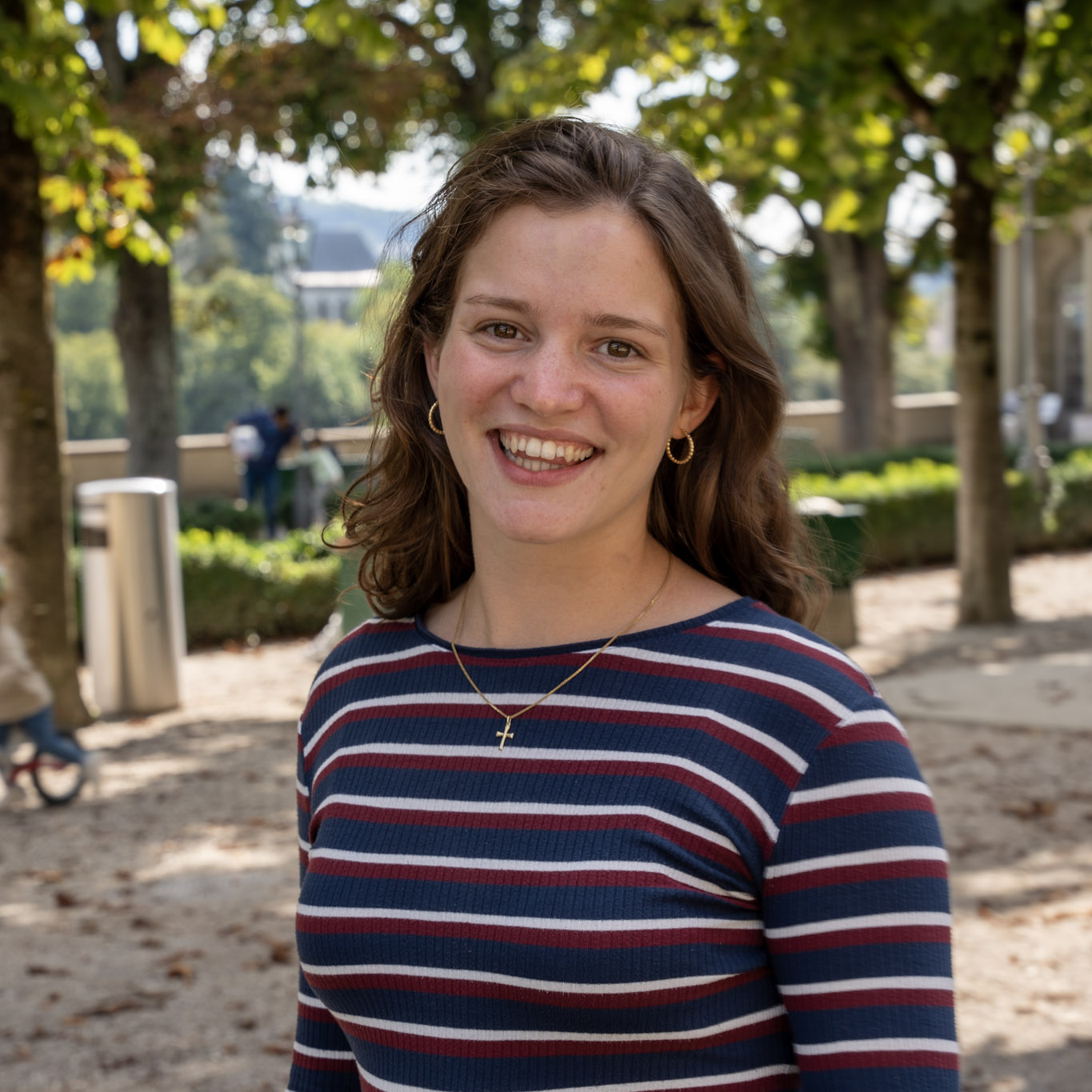
Damaris Weber
Research assistant

David Fankhauser
Wissenschaftlicher Hilfsassistent
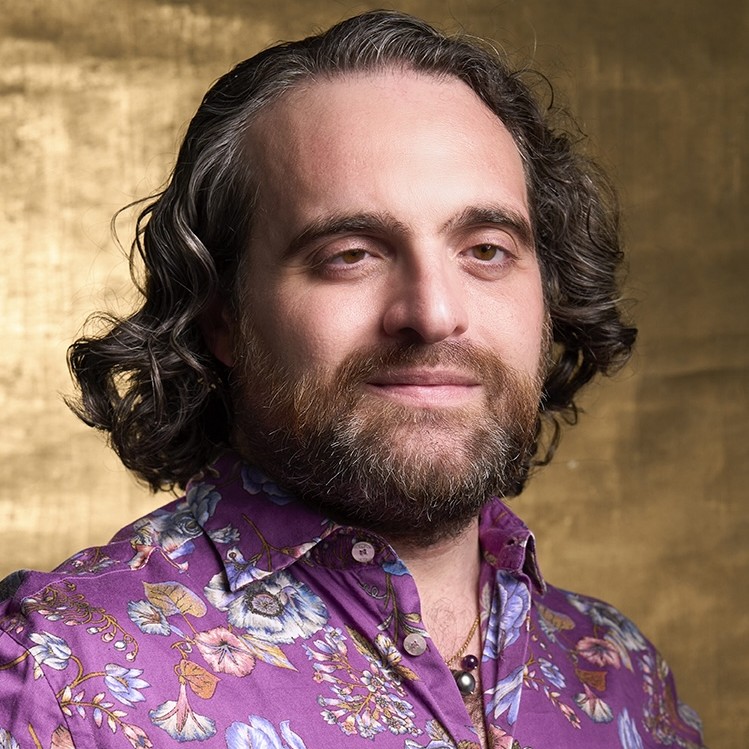
Dr. Flavio Ferri-Benedetti
Wissenschaftlicher Hilfsassistent

Barbara Hirsch
Project coordinator
